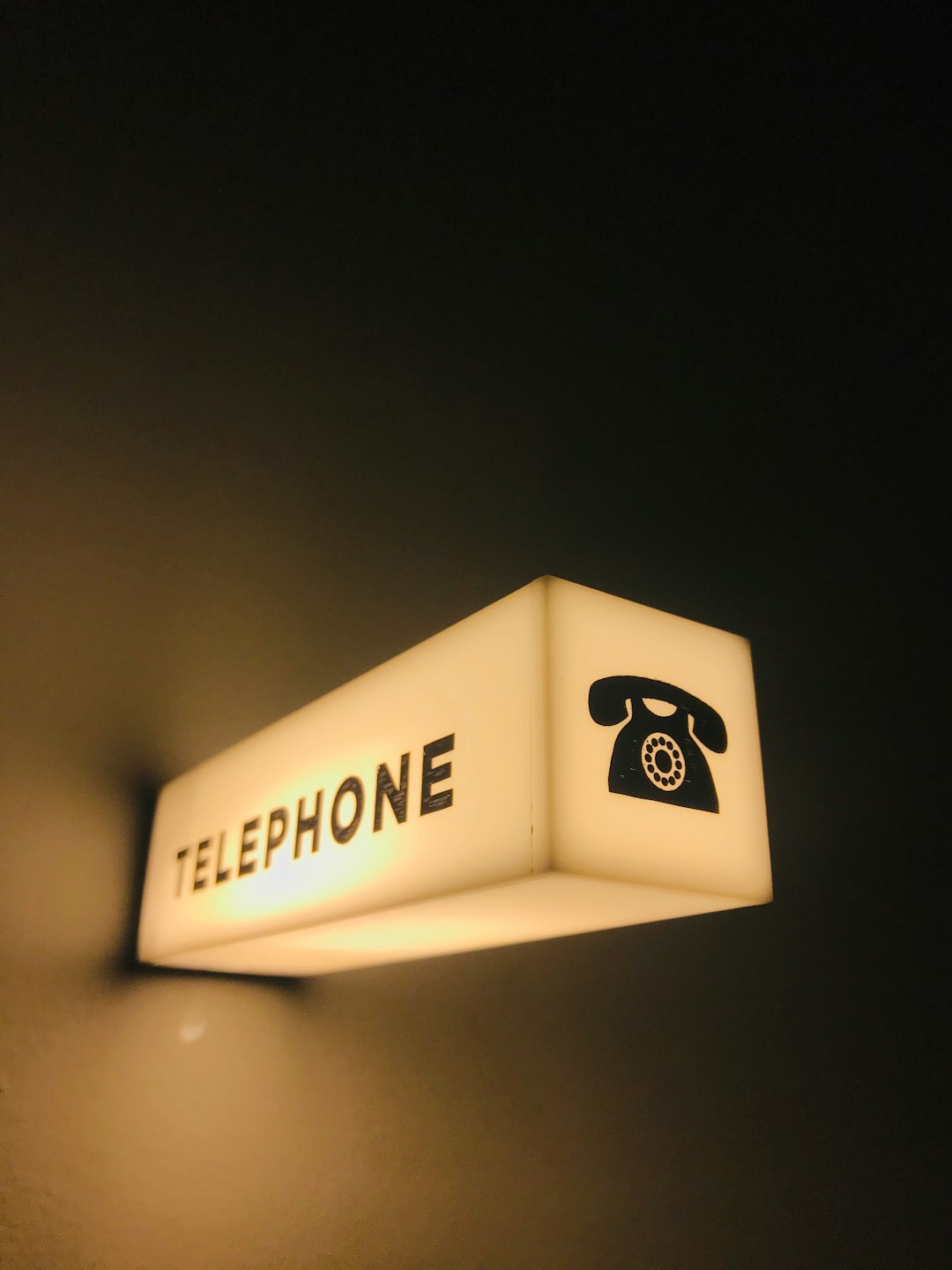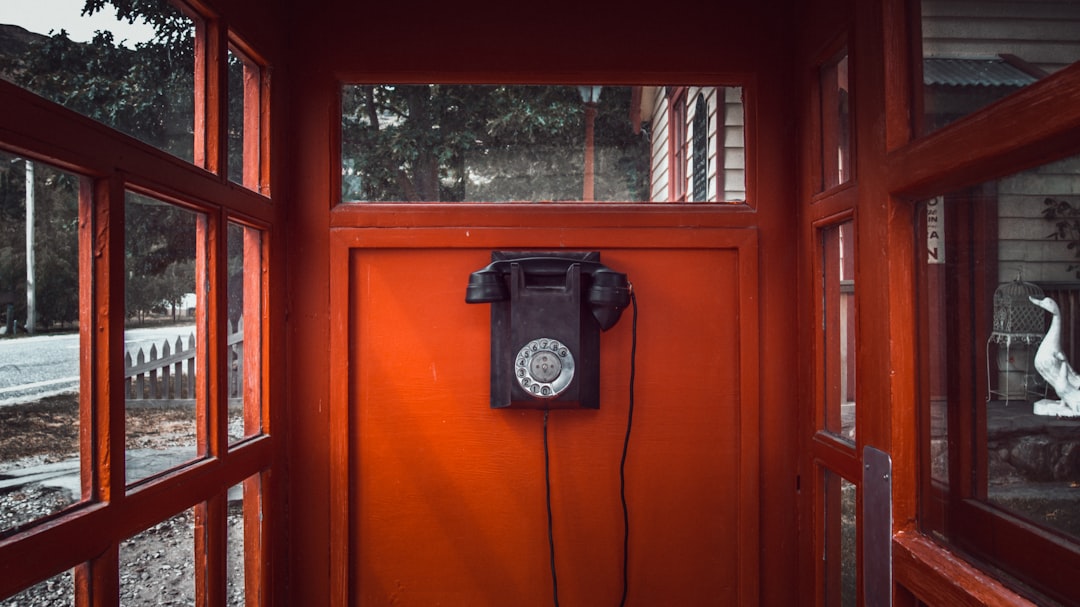Robocall scams targeting Massachusetts accounting firms and individuals have reached alarming levels. These automated calls, often impersonating authorities, aim to steal sensitive information under urgent pretenses, violating the Telephone Consumer Protection Act (TCPA). Massachusetts offers protection through state anti-spam laws and the TCPA, enabling victims to sue for damages against callers and complicit entities. Consulting with spam call lawyers specializing in TCPA law is crucial for navigating these scams and protecting firms from intrusive calls. Key terms: Can I Sue For Robocalls Massachusetts, Spam Call law firm Massachusetts, Lawyer for TCPA Massachusetts.
In today’s digital age, accounting firms in Gloucester face unprecedented challenges from robocall scams, which can disrupt operations and harm client relationships. This article guides you through the complex landscape of robocall fraud, offering insights on how to identify, mitigate, and combat these deceptive practices. From understanding the legal framework, including Massachusetts’ anti-spam laws and the TCPA, to practical steps for protection and seeking expert legal advice, discover effective strategies to safeguard your firm from robocall scams and avoid potential lawsuits related to spam calls in Massachusetts.
Understanding Robocall Scams and Their Impact on Accounting Firms in Gloucester

Robocall scams have become a significant concern for accounting firms in Gloucester and across Massachusetts. These automated phone calls, often disguised as legitimate business offers or warnings, are designed to trick recipients into revealing sensitive information, such as personal and financial data. In the context of accounting, scammers may pose as tax authorities or collection agencies, urging clients to provide account details under urgent pretenses. The impact can be severe: compromised security, potential identity theft, and even significant financial losses for both individuals and businesses.
Accounting firms dealing with these scams not only face direct threats but also contribute to a broader legal landscape. The Telephone Consumer Protection Act (TCPA) in Massachusetts prohibits automated or prerecorded calls to cellular phone numbers without prior express consent. If a firm unknowingly receives such calls or, worse, engages with scammers, they may be liable under the TCPA. Individuals who have suffered from these scams can even sue for damages, seeking compensation for emotional distress and financial losses through legal action against both the callers and any firms involved in facilitating these illicit activities.
Legal Framework: Anti-Spam Laws in Massachusetts and the TCPA

In Massachusetts, including Gloucester, the fight against robocall scams is bolstered by robust legal frameworks designed to protect consumers. The state’s anti-spam laws, coupled with the federal Telephone Consumer Protection Act (TCPA), offer significant safeguards against unsolicited calls, especially those deemed annoying or abusive. If your accounting firm has been targeted by robocalls, understanding these legal provisions is crucial for taking action.
The TCPA prohibits automated or prerecorded phone calls to cellular phones without prior express consent. Massachusetts’ anti-spam laws further refine this protection, ensuring that businesses like yours are not inundated with unwanted calls. If a robocall violates these regulations, affected parties may have legal recourse. Consulting with experienced spam call lawyers in Massachusetts can help determine if you have a case and guide your firm through the process of seeking compensation or stopping these intrusive calls.
Protecting Your Firm: Practical Steps to Combat Robocalls

Protecting your accounting firm from robocall scams is a proactive measure that goes beyond simply blocking phone numbers. In Gloucester, Massachusetts, firms have the legal recourse to fight back against unwanted automated calls. The first step involves educating your staff about identifying and reporting suspected robocalls. Teach them to listen for pre-recorded messages or artificial voices, common indicators of spam calls. Encourage employees to report any suspicious calls immediately to relevant authorities.
Additionally, implement robust phone systems that offer call screening, blocking, and monitoring features. Consider employing advanced technologies designed to detect and filter out automated spam calls. For instance, some platforms use AI algorithms to identify and block robocalls before they reach your office. Legal avenues are also available; under the Telemarketing Consumer Protection Act (TCPA), businesses can sue for damages and seek legal recourse against spammers. Engage with experienced spam call lawyers Massachusetts or a lawyer for TCPA Massachusetts to explore options, such as suing under can I sue for robocalls Massachusetts laws, which could help deter future scams and protect your firm’s interests.
Seeking Legal Advice: Who to Consult for Robocall-Related Issues in Massachusetts

If your accounting firm in Gloucester is facing relentless robocall attacks, it’s understandable to want to take action. Seeking legal advice is a crucial step in understanding your rights and options under Massachusetts law. When dealing with robocalls, specifically those violating the Telephone Consumer Protection Act (TCPA), you can consult specialized Spam Call lawyers or law firms in Massachusetts. These experts are well-versed in navigating the complexities of TCPA litigation and can guide you on whether you have a solid case to sue for robocalls.
In Massachusetts, there are stringent laws in place to combat unwanted spam calls, including strict regulations on how businesses can contact consumers. If your firm believes it has been wrongfully targeted or its clients’ privacy rights have been infringed upon by robocallers, contacting a TCPA lawyer is a sensible first step. They can assess the situation, advise you on potential legal remedies, and represent your interests if you decide to pursue legal action against those responsible for the nuisance calls.






